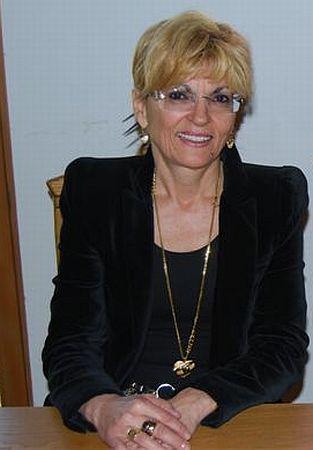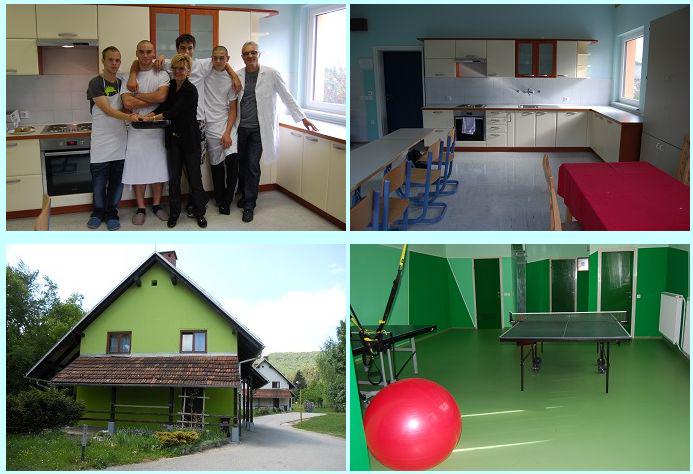
Child psychiatrists can afford to say “We are not going to treat this child because he or she is too violent”. Can you imagine a teacher saying that they do not wish to have such a child in their school?

The head of the Planina Residential Treatment Institution Ms Leonida Zalokar has for decades dealt with problematic children and adolescents. She chose this career path due to her life story: “Problems existed in my family and with experts who treated me and are nevertheless still doing their job. As a child, I told myself I’d approach the problem differently and provide children with help they need.”
In Slovenia, the system for treating children affected by mental health problems is full of loopholes, ambiguities, bad or no solutions at all. One of the most acute problems is the treatment of children displaying aggressive behaviour, which pedagogical and medical experts approach separately, if at all. Thus, schools are facing enormous problems and despite the warnings, appropriate state authorities do nothing.
For this reason, the Planina Residential Treatment Institution has made a special pedagogical-medical model for intensive treatment of children and adolescents, and received an award for the best service innovation of the 8th Slovenian Innovation Forum.
Nobody treats violent children
Years ago, the Slovenian Ministry of Labour, Family and Social Affairs commissioned an analysis of how many children in Slovenia suffer from serious behavioural disorders, and how they are provided with care. In 2010, 450 children and adolescents were registered as violent both towards themselves and others.
Social services centres, residential treatment institutions, youth hostels and care centres spoke with one voice that these children cannot be provided proper care due to lack of experts and effective cooperation between competent institutions; moreover, in terms of regions, access to services is poor, the process of accommodating such children is too slow, and children are often enrolled on inadequate community care programmes.
Such violent children and adolescents are often left behind closed doors. They are excluded from institutions and schools, and due to violence not accepted to child psychiatric departments. As a result, 12- and 13-year-old children face close sections of mental institutions where they are not allowed to stay for statutory provisions. This is a vicious circle.
The institution has been warning of the problems for several years, finally it received some funds
“Children with certain health problems and mental disorders cannot be treated merely by educationalists. For this reason, my predecessors have for several years also been warning the responsible of the inadequate care service. Children have been bereft of medical treatment, especially those who – besides having health problems – suffer from aggressive, violent behavioural disorders. A behavioural disorder is a mental disorder, and if it’s treated merely by teachers and educationalists, not by medical staff which really understands the issue and can prescribe a medication therapy, damage is caused to those children. Once they grow up, they are already patients with chronic diseases,” Leonida Zalokar, the head of the Planina Residential Treatment Institution explains.
Her institution has taken the first step towards effective solutions. For several years, the institution has been warning the appropriate authorities of the issue. Finally, it has received some funds from the Health Insurance Institute of Slovenia, and established a pedagogical-medical model for intensive treatment of children and adolescents. In one of the institution’s departments, teaching and medical staff work together.
“In fact, children are treated in one place in order not to be sent to psychiatric departments, when they can be already uncontrollable. This is the model that exclusively the Planina Residential Treatment Institution uses in one of its department for a maximum of five children. However, according to surveys the number of children which would need such a treatment has already risen to 60,” the head of the institution highlights.
Child psychiatrists can afford to say “We are not going to treat this child because he or she is too violent”. Can you imagine a teacher saying that they do not wish to have such a child in their school?

































































